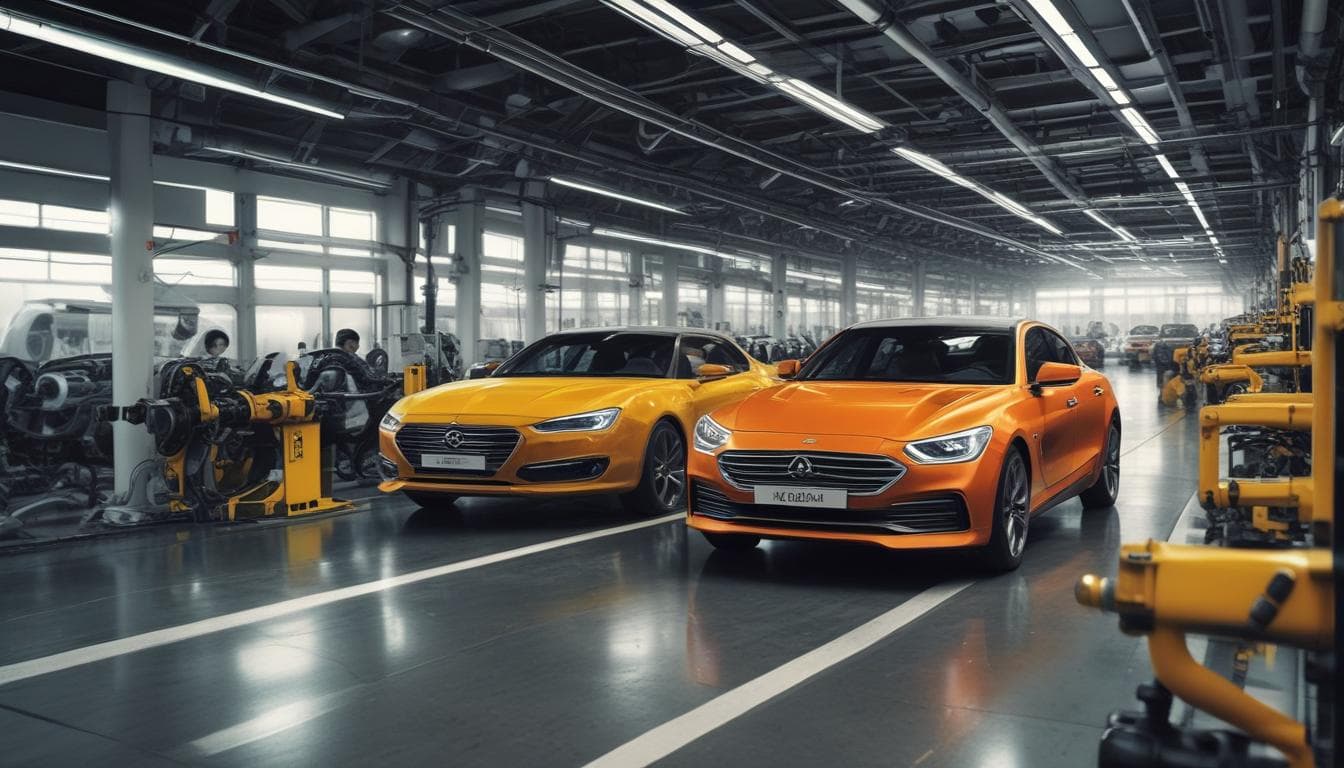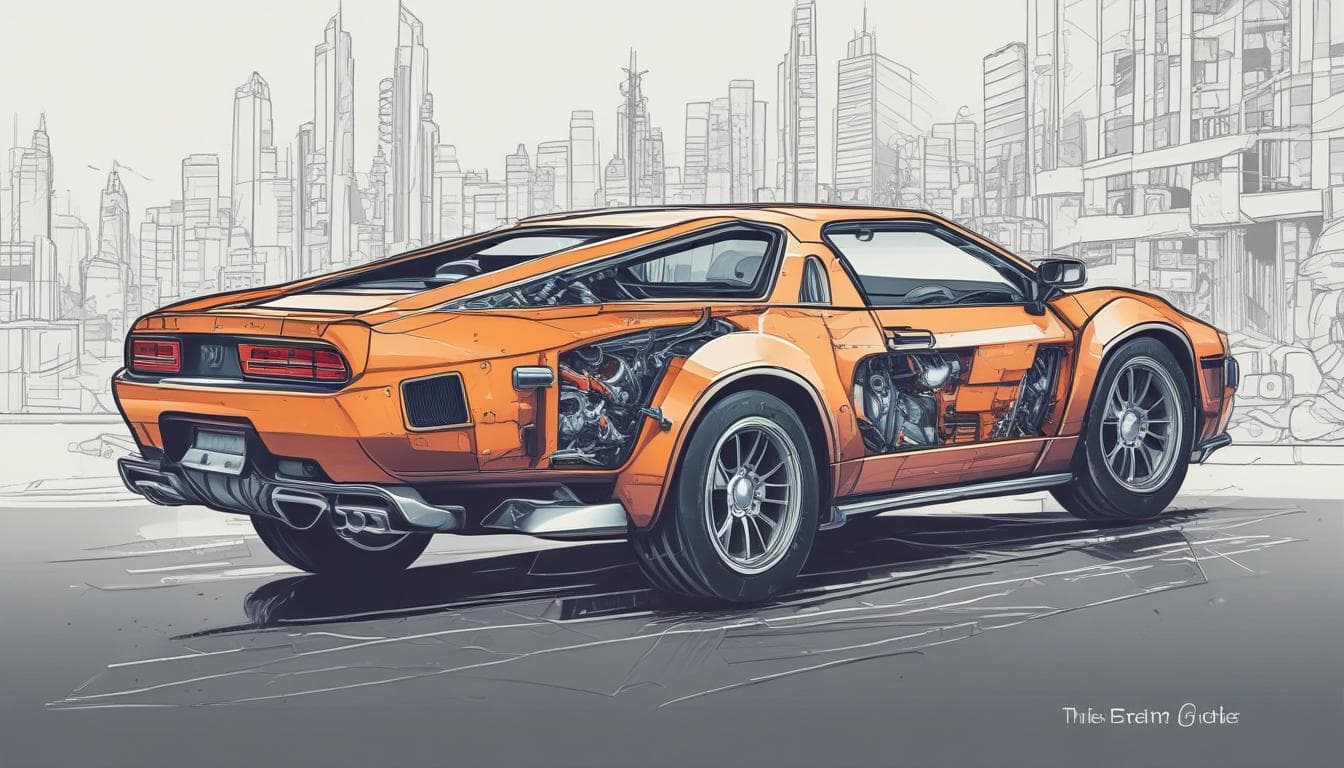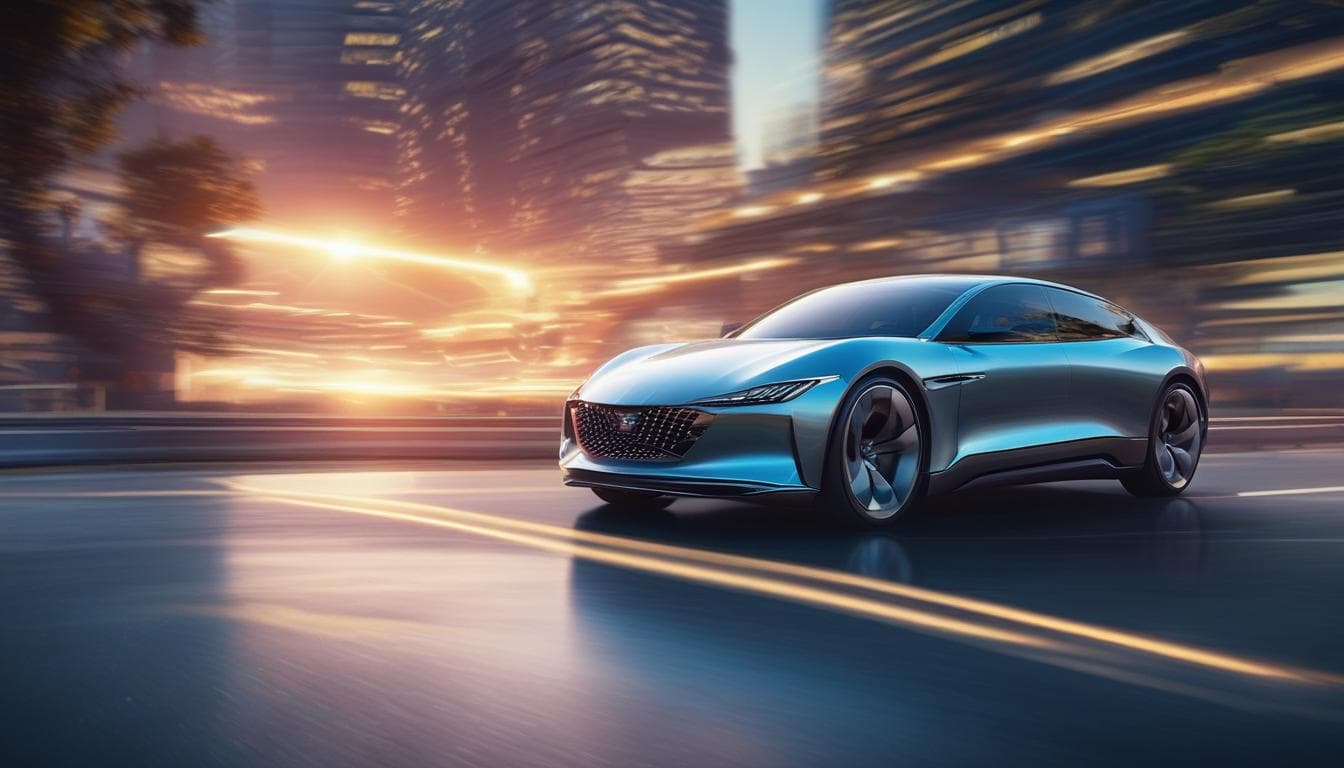With advancements in AI and personalized in-car experiences, how might the role of the car evolve from a mode of transportation to a personalized mobile sanctuary that caters to our individual needs and preferences? What features and technologies would be essential in creating this sanctuary, and what ethical considerations might arise?
The transformation of cars from mere transportation tools to personalized mobile sanctuaries is an exciting evolution in the industry, driven by advancements in artificial intelligence and in-car personalization technologies.
To create such a sanctuary, several essential features and technologies come to mind:
Key Features and Technologies
-
AI-Driven Personalization: AI could analyze an individual’s preferences, such as music tastes, preferred cabin temperature, or lighting needs, and tailor the in-car environment accordingly. For more insights, check out this detailed exploration of AI's impact on automotive design and the driving experience.
-
Health and Wellness Integration: Advanced sensors and biosensors could monitor driver and passenger health, adjusting the environment to promote relaxation or focus. Imagine a car seat that adjusts its lumbar support based on your posture over long drives.
-
Immersive Infotainment Systems: Extended reality (XR) and AR systems could enhance entertainment on-the-go, transforming a routine commute into a more engaging experience. You might want to explore the ways XR is revolutionizing the automotive industry.
-
Enhanced Connectivity: Integrating IoT devices and syncing with smart home systems would allow the car to anticipate needs. For instance, it could automatically adjust your home thermostat based on your ETA.
-
Sustainability Features: Many consumers are calling for eco-friendly technologies that align with ethical and environmental considerations. Solar panels on car roofs or interiors constructed using sustainable materials are just the beginning, as detailed in this article on sustainable practices reshaping the automotive sector.
Ethical Considerations
However, this transition doesn't come without its challenges and ethical dilemmas:
-
Data Privacy: AI systems would require significant personal data to deliver tailored services. Safeguarding this data from misuse or breaches will be crucial.
-
Equity in Accessibility: Ensuring these technologies are not limited to luxury vehicle segments but are democratized to all income groups is a vital conversation.
-
Over-Reliance on AI: Excessive automation could potentially reduce driving skills or instincts among individuals, posing safety risks if systems falter.
-
Environmental Impact: While enhancing in-car experiences, automakers must be wary of practices that strain resources or expand electronic waste.
The future of cars as personalized sanctuaries bridges technology, ethics, and human-centered design. What excites me most is the chance to redefine mobility's role in our lives. Vehicles could essentially become hybrid spaces—offering relaxation, connectivity, and even productivity on par with our homes. I’d love to hear how others envision overcoming these ethical hurdles or enhancing the experience further. Feel free to share your thoughts or check out more on smart materials driving future mobility to explore potential design elements for these sanctuaries!
이 주제에 대해 더 알아보기
대화에 참여하기
- 자동차 산업의 미래: 자율주행, 수소/전기차 시대의 도전과 기회
전기차 중심의 미래 자동차 산업에서 자율주행 시스템과 수소 및 전기차 생태계에 대한 심층적인 논의를 제시합니다. 현재 자동차 산업의 현황 분석과 미래 전망, 그리고 혁신적인 기술 발전에 따른 도전과제를 함께 살펴보세요.
- 자율주행 시대, 자동차 시장의 미래는? 전기차와 내연기관차, 그리고 사용자 관점
자율주행 기술 발전과 함께 변화하는 자동차 시장에 대한 논의입니다. 전기차, 내연기관차, 그리고 자율주행 사용자들의 관점을 다루며, 상용차 신기술 및 시장 미래에 대한 의견을 나눕니다.
- 자율주행 자동차 시대에 대한 당신의 생각은?
미래 자동차 시대의 자율주행 기술에 대한 토론입니다. 전기, 내연기관, 수소 에너지 차량 등 다양한 자동차의 장단점을 비교하고, 자율주행 기술의 생태계, 환경 영향, 윤리적 문제, 가격, 선택권 등에 대한 의견을 나눠보세요.
 한국 자동차 산업의 변화와 미래: 성장 및 개선 조립
한국 자동차 산업의 변화와 미래: 성장 및 개선 조립 자동차 산업의 미래를 만드는 10가지 트렌드
자동차 산업의 미래를 만드는 10가지 트렌드 자동차 산업의 현재 및 미래: 기술 협명으로 이기는 산업의 변화
자동차 산업의 현재 및 미래: 기술 협명으로 이기는 산업의 변화 미래 모빌리티: 자동차 산업의 혁신과 지속가능한 성장
미래 모빌리티: 자동차 산업의 혁신과 지속가능한 성장 자동차 산업의 지속가능성과 미래: 현재 기술의 발전과 개별
자동차 산업의 지속가능성과 미래: 현재 기술의 발전과 개별 자동차 산업의 변화 및 직속 가능성: 미래 및 기회
자동차 산업의 변화 및 직속 가능성: 미래 및 기회